Cloud Cost Management solutions empower organizations to optimize cloud spending by providing insights into resource utilization, cost allocation, and budgeting. These tools are essential for businesses seeking efficiency and cost-effectiveness in their cloud investments.
Businesses are rapidly adopting Cloud Cost Management tools to better control their cloud expenditures. This category includes features for tracking and analyzing spending, ensuring that organizations can allocate resources wisely and avoid unnecessary costs. Advanced analytics and reporting capabilities enable users to gain a clear understanding of their cloud usage patterns and identify potential savings. Insights from real users often highlight the effectiveness of these tools in reducing wasted expenditure and providing transparency.
What are the key features to consider?Cloud Cost Management solutions are implemented in diverse industries, from finance to healthcare, each benefiting from tailored cost optimization strategies. For instance, a healthcare provider might use these tools to efficiently allocate cloud resources during peak times, while a financial services firm might focus on regulatory compliance and detailed cost reporting.
Cloud Cost Management plays a critical role in helping organizations navigate their technological investments more strategically. By providing insights into spending and opportunities for cost reduction, these tools help organizations maintain financial discipline while leveraging the cloud for innovation and growth.




























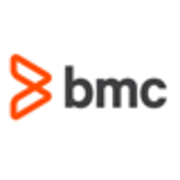





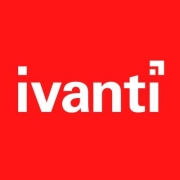




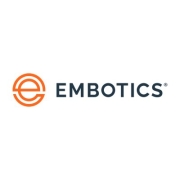

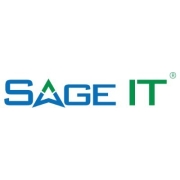





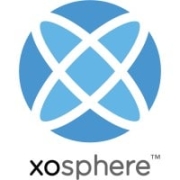
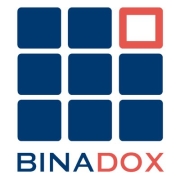


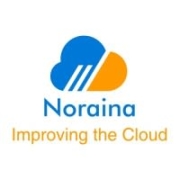









You can reduce your cloud spending by optimizing resource allocation, implementing automation for instance management, setting budgets and alerts for overspending, utilizing cost-saving programs from cloud providers, and regularly reviewing your usage and billing reports. Identifying underutilized services and shutting down unnecessary resources can lead to substantial savings.
What tools are available for Cloud Cost Management?Various tools can assist in Cloud Cost Management, including AWS Cost Explorer, Google Cloud Platform's Cost Management tools, and Azure Cost Management. Third-party tools like CloudHealth, Cloudability, and Spot.io offer comprehensive solutions for tracking expenses, optimizing resource usage, and providing forecasting capabilities. These tools help you gain insights and make data-driven decisions.
How can I improve forecasting for cloud costs?Improving cloud cost forecasting involves analyzing historical usage data, estimating growth and scaling needs, and leveraging predictive analytics provided by Cloud Cost Management tools. Developing a clear understanding of business objectives and aligning them with cloud infrastructure planning can also enhance forecasting accuracy. Regular assessments of resource usage patterns can provide more reliable predictions.
What are common mistakes in Cloud Cost Management?Common mistakes include failing to monitor usage regularly, neglecting to shut down unused or underutilized resources, not taking advantage of savings through reserved instances or pricing plans, ignoring egress costs, and lacking a well-defined cloud governance strategy. Ensuring your team is trained in cost management best practices can help avoid these pitfalls.
Why is Cloud Cost Management important for enterprises?Cloud Cost Management is crucial for enterprises to maintain financial efficiency, prevent budget overruns, and ensure optimal utilization of resources. It enables businesses to align costs with performance goals, foster efficient resource allocation, and support strategic decision-making. Effective cost management directly impacts profitability and competitiveness in market environments that rely heavily on cloud services.